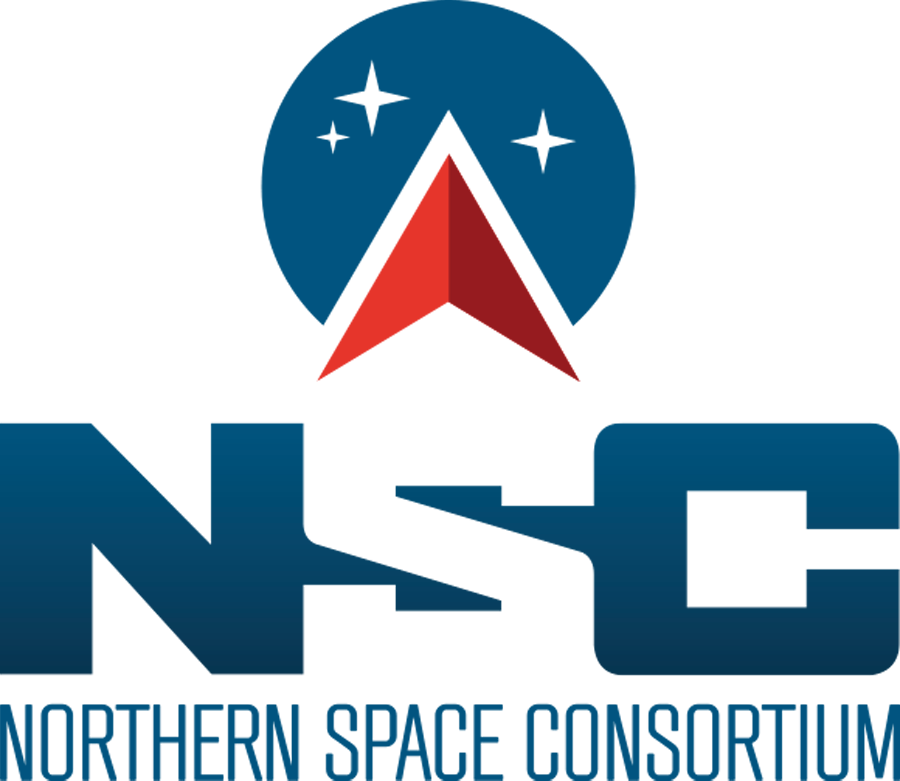The 21st centuries gold rush is just around the corner. Companies and Space Agencies the world over are starting to see that Asteroid Mining will be an economic reality within the next 10-15 years.
Britain has its own entrant in this small global industry. The Asteroid Mining Corporation Ltd has been working quietly over the past 18 months on its plans to open up the frontier of the global economy beyond Low Earth Orbit and out into Deep Space. Working on their project from their offices near Liverpool and Glasgow and with partners across Europe, the AMC are now announcing their plans for the APS1 project, or to give its full name Asteroid Prospecting Satellite One. This will be Britain's first commercial Space Mining mission and one of the first commercial asteroid prospecting missions globally. The Asteroid Mining Corporation are fixated on the development of the Space Mining industry to maturity before 2030.
Space Mining is in many ways, a subversive industry which seeks to demonstrate that Space Resources can be extracted more cost efficiently using recent advances in space technology than current Precious Metals mining processes on Earth. The development of this capability will lead to an expanded presence in Deep Space, with asteroid mining missions taking place in interplanetary space and serving as a strong economic incentive for the continued exploration of the Solar System, and eventually beyond. This project is being supported by the Northern Space Consortium, the industry body for Space tech in the North of England, who have been instrumental in providing the connections between academia and industry needed to get the concept off the ground. The NSC is one of the first bodies to see the potential of having the Space Mining industry situated in their locale, as the continued development of a British Space Mining industry will fuel high tech innovation, create jobs in engineering and science fields, and like other Space technologies, investment in the industry will serve as a net contributor to and expansive force on the economy.
Just how much the Space Mining sector will expand the economy by is currently hard to measure: though the Asteroid Mining Corporation has calculated that a metallic asteroid just 25 meters in diameter could contain approximately £2 billion in Precious Metals. To put that into context, were that entire asteroid to be mined of its minerals in a year, it would produce 29 tonnes of Platinum. On mining, the Asteroid Mining Corporation would become the one of the highest producing national producers of Precious Metals, becoming second place in the global Platinum mining industry, behind South Africa, with an equal output to Russia and the USA combined. And it is important to remember that there are millions of asteroids in the inner Solar System alone.
This is the first project in an industry that will span centuries, providing a strong economic growth platform based around physical resources, for generations to come. The sheer amount of Space Resources that are available for extraction will lead to the long term development of a Post Scarcity economic model for Platinum Group Metals, much like Aluminium has already experienced. Ultimately this will lead to untold advances in science and industry, all while driving towards mass human expansion out into the Solar System, the final step in our evolutionary history and the Millennial Generation's greatest contribution to history.

